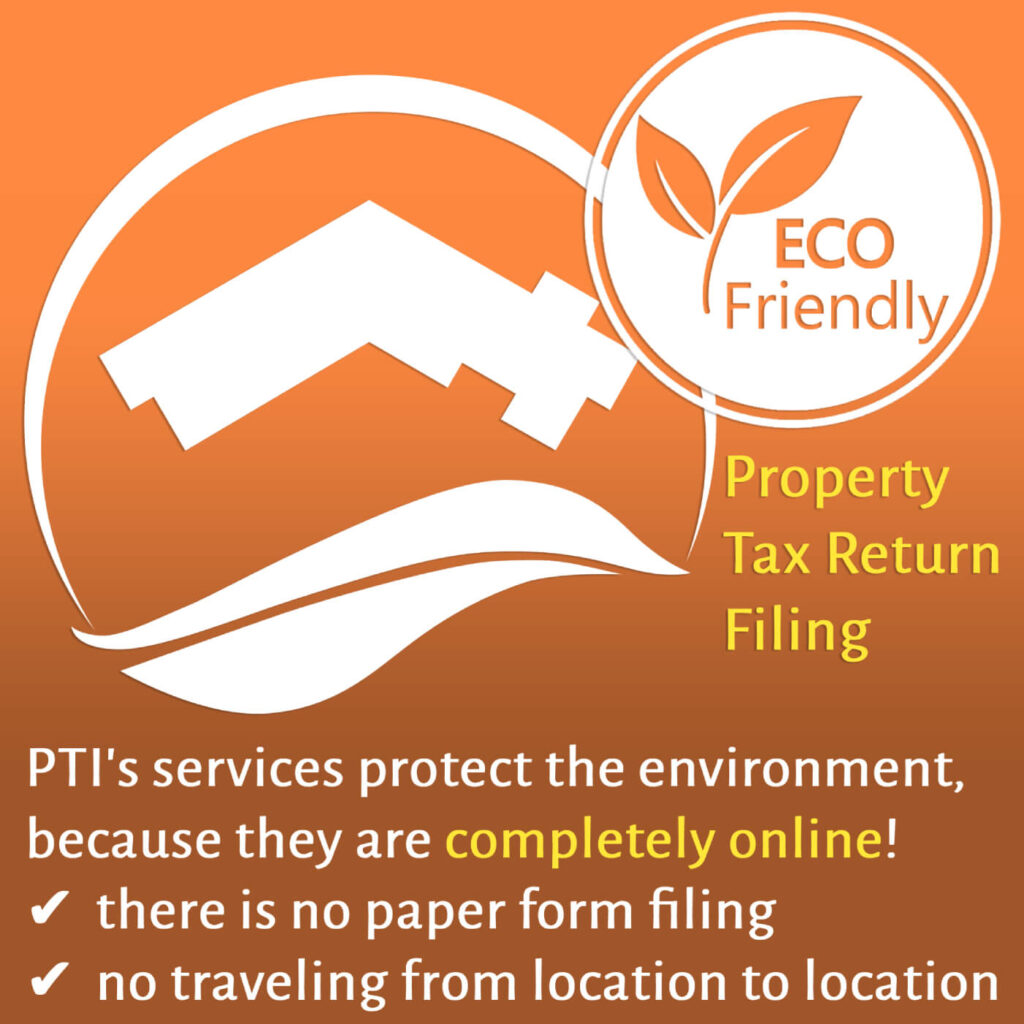Last Updated on January 7, 2025
When purchasing your first foreign buy-to-let property, there are a variety of factors to consider like return on investment, cost and location – but one factor you may not have considered is tax.
International property tax may not be the most exciting topic. But, by getting a strong grasp of the local tax rules, you can save yourself a lot of money and stress at the tax deadline.
Tax rules can differ from country to country and in this guide, we will give you some practical tips on how to save on your buy-to-let tax bill and remain compliant when filing your tax return overseas, as well as where you can go for tax advice.
1. Filing an income tax return
If you are a real estate investor and buy an overseas property and you rent it out, you won’t escape the tax bill.
It’s likely that you will have to declare your earnings by submitting a rental income tax return both in your home country and in the country where your foreign buy-to-let property is located.
Depending on where your property is located, you may encounter:
- different rules for tax reporting
- different rates of tax
- different expenses that can be claimed by landlords
2. Double taxation agreements
Be sure to check whether your home country has a double taxation agreement with the country in which your buy-to-let property is located.
A double taxation agreement contains a set of rules stating which country has the right to collect tax – ensuring you are not taxed on the same income in both countries.
If there is no double taxation agreement in place to cover the jurisdiction where your property is, then you may be able to claim tax relief.
Citizens of the European Union have a lot of tax advantages when owning real estate in another country within the community.
This can be a complex area to navigate and it’s usually a good idea to seek expert tax advice from a property tax professional.
3. Buy-to-let allowable expenses
Real estate investors are typically eligible to reduce their real estate tax bill by claiming allowable expenses on their tax return.
If an expense is incurred for the purposes of running the overseas property, it is usually considered an allowable expense and considered deductible.
Examples of some allowable expenses that could be deducted are:
- utility bills
- gardening, cleaning and similar services
- repairs and maintenance (including the replacement of furniture and fixtures)
- costs incurred in letting the real estate such as travel, phone calls, administration costs, etc.
- legal fees
- building insurance
- service charges and ground rents
- accountant’s fees
- letting agents’ fees
- advertising costs
- and more
In some countries, interest on loans to purchase the property is also deductible. This is the so-called buy-to-let mortgage interest tax relief.
Be sure to do your research and claim every buy-to-let tax relief you are entitled to on your real estate. You’ll be surprised by how much money you can save!
It’s also vital to keep all receipts and documentation relating to the expenses you intend to claim. There are two reasons for this:
- to ensure you can claim everything you’re entitled to on your tax return
- to ensure you can account for everything you have claimed should you ever be audited by the tax authorities
Read more:
Top Tips on reducing property income tax for overseas landlords.
4. Depreciation of rental property
The cost of replacement furnishing and fixtures can be claimed as wear and tear allowance which allows you to deduct around 10% (depending on the country) of net rents to cover the cost of replacing furniture when calculating the profit of the overseas property business.
The renewal allowance provides a deduction for the cost of a replacement item.
Usually, improvements in real estate are also considered deductible.
These allowances may vary depending on the country you live in and you will need to check how they are called and what they cover. You can always ask our international property tax specialists.
5. Capital gains and the non-resident landlord
Capital Gains Tax is a tax that must be paid on any financial gain you make when you sell or dispose of a property such as a house or a flat.
If you are a non-resident real estate investor and you sell your overseas buy-to-let property, you must include this on your tax return and pay any Capital Gains Tax (CGT) due. In some countries, CGT must be paid within 30 days of the sale whether or not a gain has been made.
If you would like any professional tax advice on this topic, please contact us and our tax experts will advise you depending on your personal circumstances.
6. VAT refunds on buy-to-let property
In some countries, if you are a non-resident and buy a property, you are due a VAT refund. 20% can be a sizeable deduction on the purchase cost. If you are a non-resident landlord and own real estate in France, check out how PTI Returns can assist you to claim back your VAT refund. If you are interested in this subject, read more here:
French Property VAT Refund Guide for Foreign Investors

7. The tax deadline for an income tax return
You will need to check when is the deadline for submitting your buy-to-let tax return. If you file even a few minutes late, you could be hit with an automatic fine which increases for every day you are late. This is why it’s so important to submit on time.
Here are some of the tax deadlines to look out for:
France – Deadlines vary every year. The French tax deadline for leaseback, furnished properties and business income and VAT returns is 18 May 2023. If you are earning income from short term letting of a property in France, you will be required to file your French tax return on 25 May.
Germany – The tax deadline in Germany for 2022 tax return is October 2, 2023 (without a tax advisor) and 31 July 2023 (if you apply with a tax advisor). The German tax deadline for 2023, 2 September 2024 (without a tax advisor) and 31 May 2025 (with a tax advisor).
Hungary – The tax deadline for Hungary is 22 May 2023.
Ireland -The tax deadline in Ireland is 31 October 2023.
The extended deadline is 16 November 2023 if you pay & file online. It is for taxpayers who file 2022 Form 11 Income Tax Return.
Poland – The tax deadline in Poland is 2 May for Personal Income Tax Returns.
Spain – The Spanish tax year runs from the 1st of January to the 31st of December. There are several dates and deadlines within that year to keep in mind.
- The deadline for non-residents to submit a deemed tax return is 24 December 2023.
- The rental income must be declared between January 1 and January 20.
UK – The tax deadline in the UK is 31 January 2023.
USA – The tax deadline in the US is 18 April, 2023.
8. File your tax return with the help of PTI Returns
Tax can be tricky – especially if you need to file in a foreign country.
At Property Tax International, we specialise in foreign property tax return assistance.
When you file with PTI Returns, you won’t have to worry about navigating any complicated foreign tax laws or paperwork. Our tax team will guide you through the process from start to finish and ensure you are fully compliant with the local tax authorities.
Our goal is to minimise your tax bill and maximise your profit potential.
Why PTI Returns?
- PTI Returns is part of CluneTech (formerly known as Taxback Group), employing over 1,500 people in more than 20 countries worldwide.
- We specialize in property tax, filed over 322,000 tax returns last year, and have 20+ years of experience preparing both domestic and international tax returns for non-resident property owners
- Multilingual support via phone and email. Our team of tax experts can answer any of your international property tax-related questions and provide professional tax advice.
A well-prepared property tax return assistant from PTI Returns:
- Can provide expert tax advice and online tax return assistance
- Can help you avail of all international tax agreements and allowable expenses, and therefore help you to not overpay tax on your rental income
- Can follow changes in legislation and make sure that you are tax compliant in each relevant tax jurisdiction
- Can deal with language barriers with the local tax office
- Can make the preparation and filing process easy and fast
- Can help you file your online tax return and pay taxes online
Our services are available in the following countries:
Declare tax on buy-to-let income from your foreign property the easy way!



